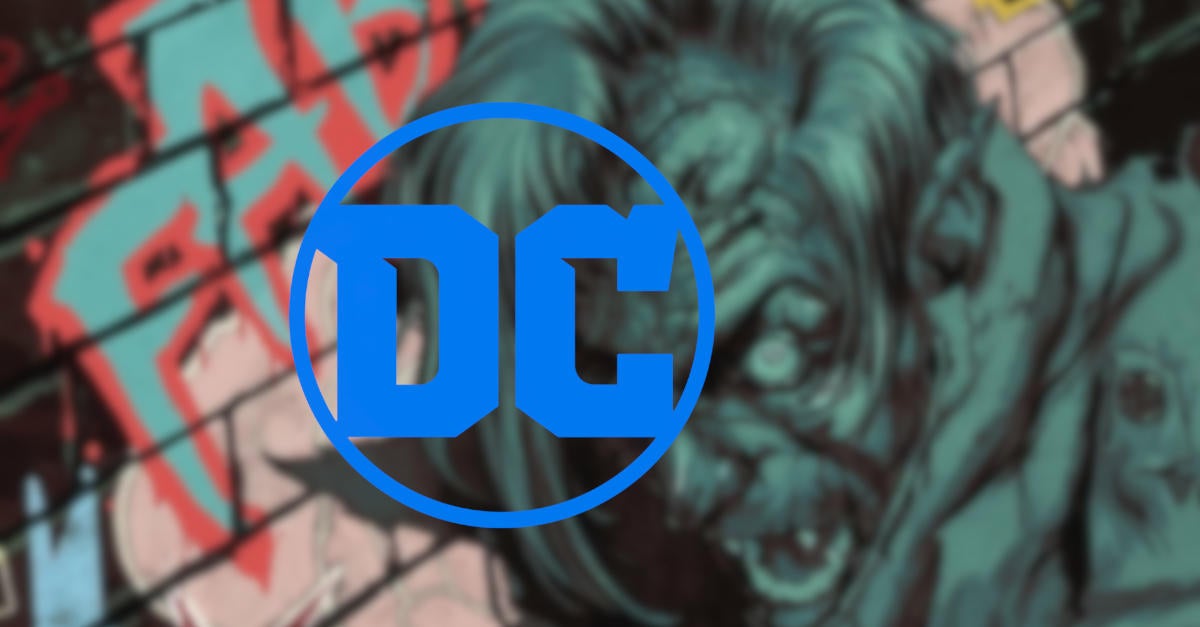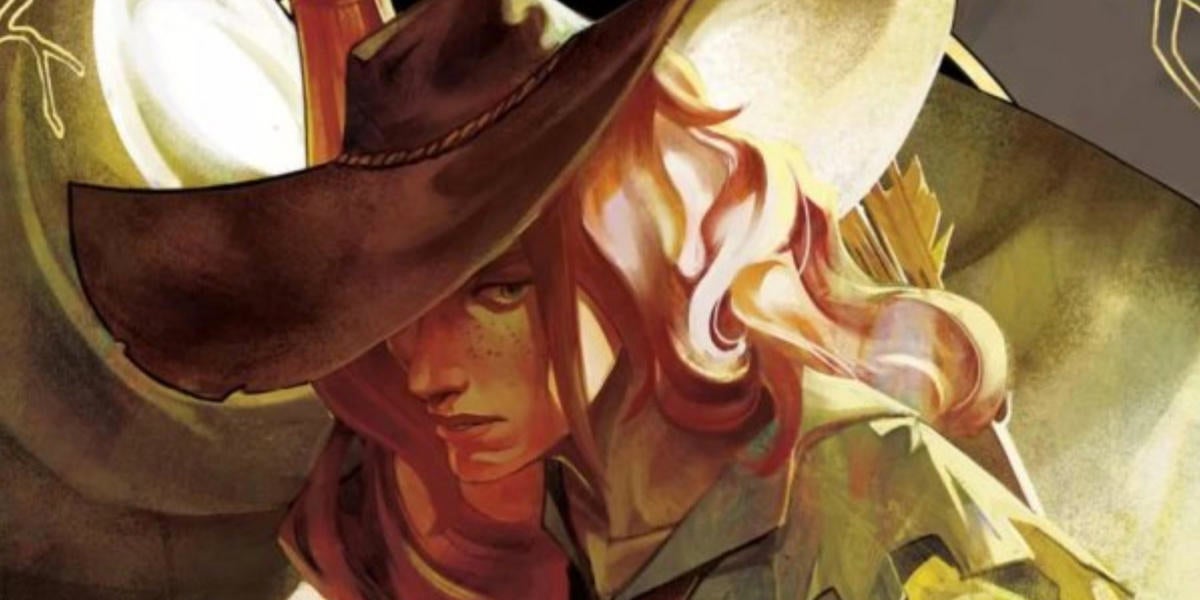DC Issues Official Statement on Fable Comic Series Entering Public Domain, Hints At Lawsuit
DC has issued a legal challenge to Fables creator Bill Willingham's statement that the comic series has entered the public domain.
There was something of a major uproar in the comic book world this week, when it was announced that Bill Willingham, writer of the acclaimed DC-Vertigo comic series Fables, was putting the entire property and its characters into the public domain. As many predicted, DC has a major problem with that, and now the comic book publisher has issued an official statement on the matter:
"The Fables comic books and graphic novels published by DC, and the storylines, characters, and elements therein, are owned by DC and protected under the copyright laws of the United States and throughout the world in accordance with applicable law and are not in the public domain," the statement reads. "DC reserves all rights and will take such action as DC deems necessary or appropriate to protect its intellectual property rights."

If you come away with any ambiguity about that statement, let us just clear it up: DC is clearly ready to take legal action of Willingham proceeds with this proposed course of action.
There's been a public feud between Willingham and DC for years now. Willingham has been vocal about how he feels that he signed a publishing contract to work with executives and editors that he trusted at the time; however, as DC has changed over the years, Willingham felt he was left in the company of people only looking out for the company, and not the creators.
As Willingham explained on his Substack blog:
When I first signed my creator-owned publishing contract with DC Comics, the company was run by honest men and women of integrity... those people have left or been fired, to be replaced by a revolving door of strangers, of no measurable integrity, who now choose to interpret every facet of our contract in ways that only benefit DC Comics and its owner companies. At one time the Fables properties were in good hands, and now, by virtue of attrition and employee replacement, the Fables properties have fallen into bad hands.
Since I can't afford to sue DC, to force them to live up to the letter and the spirit of our long-time agreements... The one thing in our contract the DC lawyers can't contest, or reinterpret to their own benefit, is that I am the sole owner of the intellectual property. I can sell it or give it away to whomever I want.
I chose to give it away to everyone. If I couldn't prevent Fables from falling into bad hands, at least this is a way I can arrange that it also falls into many good hands...
The blog goes into much lengthier details about serval key issues. Willingham alleged that copyright laws themselves are suspect these days, claiming that "current laws are a mishmash of unethical backroom deals to keep trademarks and copyrights in the hands of large corporations, who can largely afford to buy the outcomes they want."
He also takes on the question of "What Exactly Has DC Comics Done to Provoke This?" by breaking down a history of infractions both minor and egregious that he claims to have endured. Those anecdotes include DC allegedly skipping over his approval on creative teams and related projects, and the company using legal tricks during contract re-negotiations to try and maneuver him into giving away rights and control of the property, feigning ignorance about his ownership, or re-framing payment structures to avoid having to directly acknowledge and reference his ownership in the paper trail.
What Is Fables About?

Fables (2002) is a comic series about a group of fairytale characters secretly living among us in modern-day New York City. The rest of the world thinks they are myths, little realizing that they are living as refugees in a secret community called Fabletown.
Fables is quite the pivotal series for this kind of dispute: as you can see in the synopsis above, the series is built around characters from popular Fables and folklore – most of which exist in the public domain at this point. The fact that Willingham spun the lore of these popular story characters into a whole new kind of mythos makes it tricky to truly dig into who "owns" what. But if even half of what Willingham claims turns out to be accurate (and provable), it will be equally hard for DC to stop this move to shift the series into the public domain.
We'll keep you updated on the status of Fables.